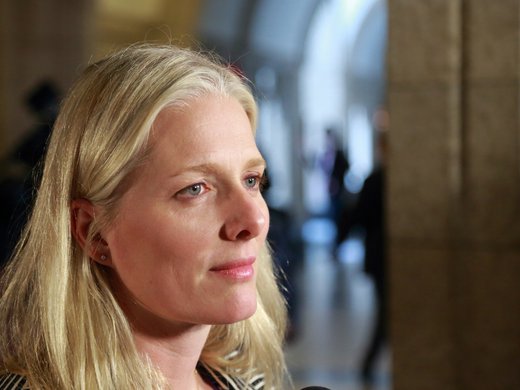Elon Musk’s leadership of Twitter has been chaotic. In the past few months, he has fired half of the sales and engineering staff, amplified conspiracy theories, welcomed back banned right-wing figures, and presided over the exodus of many of the company’s top advertisers, who now perceive Twitter as unsafe for their brands.
Twitter’s chaotic operation and governance is a real-world problem because Twitter has become an essential part of many aspects of global communications. Governments use the platform to communicate policies to their citizens. Journalists rely on it to provide real-time media updates during natural disasters and unfolding events, and many researchers use it to share findings, including during the COVID-19 pandemic.
That so many of Twitter’s users perceive it as a critical service is part of a larger trend of recognizing the essential role that digital services play in our economic and social lives. Scholars have started to define Twitter and other platforms such as Google, Amazon and Tencent’s WeChat as “digital infrastructure.” Privately supplied digital infrastructure services range from payment, web hosting, mapping, marketplaces and cloud services to Domain Name System providers and security services that guard against cyberattacks.
Digital infrastructure differs from traditional infrastructure, however, in that it may be neither durable nor reliable. These differences raise key governance challenges for policy makers. Traditional infrastructure is characterized by its scale and ubiquity, and by the criticality of its use to economic and social well-being — roadways, for example, or water treatment systems. Such physical infrastructure is typically durable. It is built to last reliably for multiple decades or centuries and constructed with significant long-term capital investment from public or private partners or both. Even when physical infrastructure is underfunded, as is true for many public transit systems, society tends to agree that such infrastructure provides a public good.
Infrastructure based on software is fundamentally different from its physical counterpart. Unlike railway construction, which is slow and costly, software can be rapidly written and widely distributed. Speed and flexibility can be advantageous but also affect reliability and durability. Although software infrastructure can be relatively cheap and quick to build, it can be costly and laborious to maintain. Digital infrastructure can thus have “a wildfire-like speed as well as an unpredictability and an ephemerality,” according to scholar Paul Edwards, a professor of information and history.
Far from reliably providing critical services, Edwards argues, companies providing digital infrastructure “are mostly in a state of constant flux, including near-daily state of emergency.” This instability is evident in regular data breaches or denial of service attacks. It’s also apparent in system outages, such as the Twitter global outage in December that followed large cuts to the company’s engineering staff. In short, digital infrastructure can be highly vulnerable to disruption, both technical and commercial.
The upshot is that, as digital services become ever more essential to economic and social life, technology companies must be effectively regulated. In the turmoil of Twitter lie lessons for policy makers and regulators. Policy makers need to recognize that the commercial interests of technology companies may not spur them to make the capital investments needed to provide communities with stable, reliable infrastructure over the long term. The Canadian government could require social media platforms to provide a certain standard of service, not permitting, for example, Twitter to cut its content moderation workforce or to degrade its functionality with third-party apps. If we designate certain digital services as infrastructure, then there should be a government-backed commitment to maintain functionality.
Relatedly, a modern society should not rely on for-profit entities to provide critical services. We need policy debates to consider how some digital infrastructure might be regulated as public utilities or “public goods,” with governments nationalizing or taking a direct role in operating that infrastructure. A public broadcaster, for example, could operate a social media service to ensure reliable, trustworthy infrastructure. Canada could follow the lead of the Netherlands in creating community-based, non-profit social media networks based on public values that focus on reliability, trusted communication and, where relevant, verification of participants’ identities.
Policy makers must recognize that stable, effectively regulated digital infrastructure is now essential for social progress and economic growth. For countries outside of the United States, which hosts many of the big digital infrastructure providers, this means regulating tech firms according to democratically accountable laws that meet domestic needs and norms, rather than the whims of American tech billionaires.
Finally, policy makers must consider how monopolies and interdependent digital infrastructure pose specific technical and governance challenges. The July 2022 Rogers outage, for example, left 10 million Canadians without internet or wireless services. For most users, Rogers restored service after about 16 hours. Because of Rogers’ massive role in supplying telecommunications and digital services, the outage downed banking and payment services, along with 911 emergency services.
Given our economic, social and political dependence on digital services, we must demand that critical digital infrastructure be stable and reliable. This begins with taking public governance of this domain seriously.
This article first appeared in The Hill Times.



